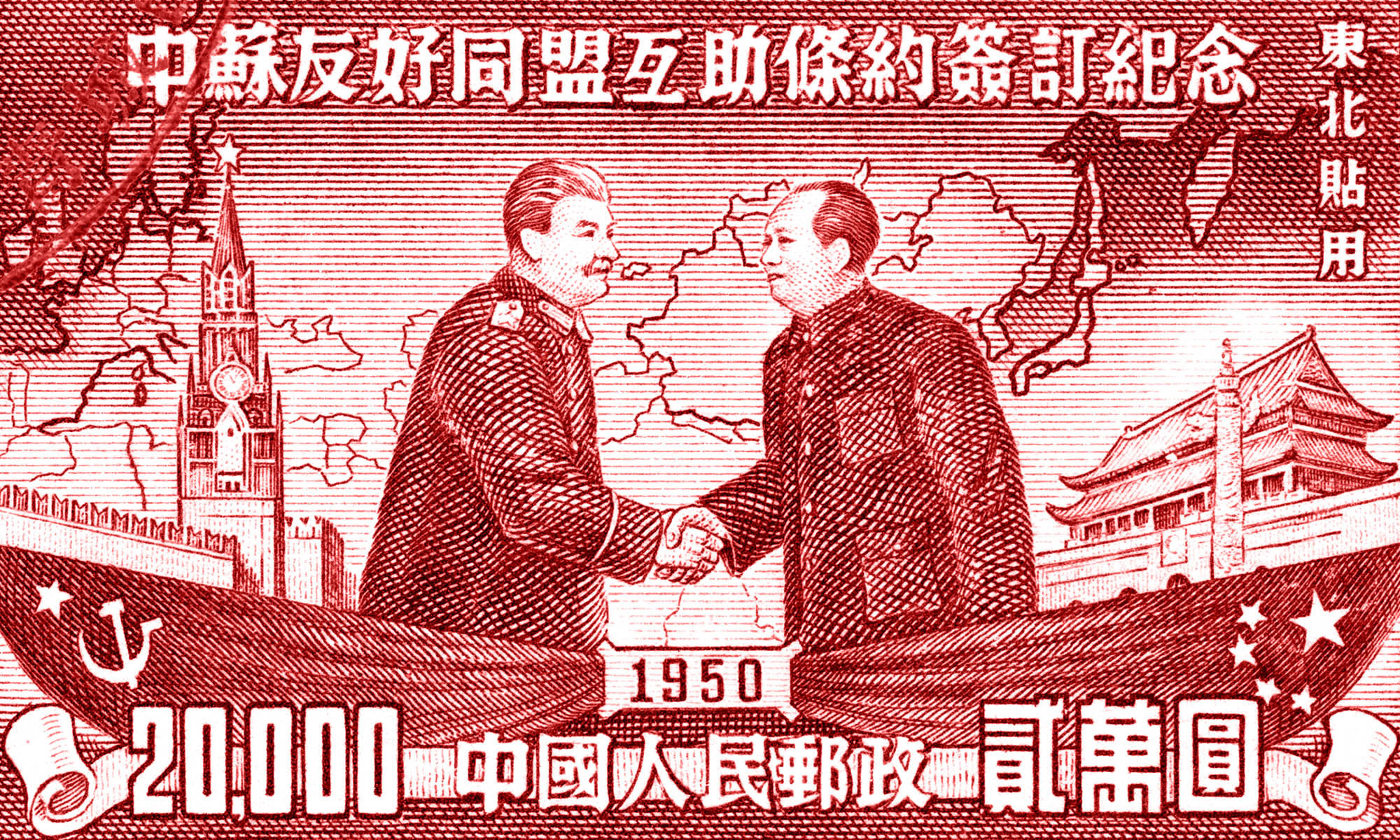Communisms and the Cold War, 1944-1986

Records of the Communist Party of Great Britain's International Department, International Committee, and external relations
Records of the CPGB's International Department or otherwise relating to its international functions are of particular interest given the unique significance such associations had for a communist party...With the provision of online access to the archives, one may be confident that the resurgence of historical interest will continue.University of Manchester
Access the full collection
Get full access to Communisms and the Cold War, 1944-1986.
Institutional Free Trial
Sign up for a FREE trialAlready have a license? Sign in to view the collection
Learn how the Soviet Union, China, and Yugoslavia vied for the loyalty of Western communists

This collection contains reports and other records compiled by the Communist Party of Great Britain's (CPGB) International Department between 1944 and 1986—a period which begins immediately after the dissolution of the Communist International (Comintern) and ends shortly before the collapse of the Soviet Union.
The majority of the documents cover the Sino-Soviet split and the Chinese-Indian disputes of the 1960s and 1970s. There are also materials relating to Soviet satellite states in Eastern Europe, the left in Western Europe, and anti-colonial movements in the developing world. Together, they provide a fascinating insight into the competing power blocs which arose in the communist world during the Cold War, and how British communists reacted to the resulting internecine disputes.
The collection is accompanied by 3 contextual essays written by Professor Kevin Morgan, a senior academic at the University of Manchester.
Contents
Communisms and the Cold War, 1944-1986...
Records of the Communist Party of Great Britain's International Department, International Committee, and external relations
Discover_1579262607.jpg)
Highlights

Licensed to access Browderism and the Communist Party of the United States of America (CPUSA), 1944-1945

Licensed to access Chinese criticism of 'Khrushchev's revisionism', 1965

Licensed to access Reactions to the Soviet invasion of Czechoslovakia, 1968

Licensed to access Materials on the 1976 Conference of Communist and Workers Parties of Europe
Insights
- As was the case with other Western communist parties, the CPGB’s International Department played an important—even outsized—role in both the internal and external life of the organisation.
- Professor Kevin Morgan observes that, even after the formal dissolution of the Communist International (Comintern) in 1943, there was “no doubting either the significance of communism as an international movement, the critical position that Britain held in its conception of world affairs or the close interrelationship between them.”
- Since the 1917 Revolution, the Soviet Union had been the acknowledged pole star of this movement. But its influence came under increasing scrutiny during the Cold War.
- This challenge manifested in three waves: first, in 1948, when Yugoslavia was expelled from the Communist Information Bureau (Cominform) for perceived disloyalty to Stalin; second, throughout the Sino-Soviet split, when doctrinal disputes arose between the Soviet Union and Mao’s China; and third, with the emergence of Eurocommunism in the West, which sought to undermine the authority of the Soviet Union and the Communist Party of the Soviet Union (CPSU).
- Many of the documents detail the attempts of the CPGB leadership to formulate a doctrinally correct position on these disputes.
- Meetings with various communist leaders are covered in detail, as are the proceedings of international conferences involving communist parties.




